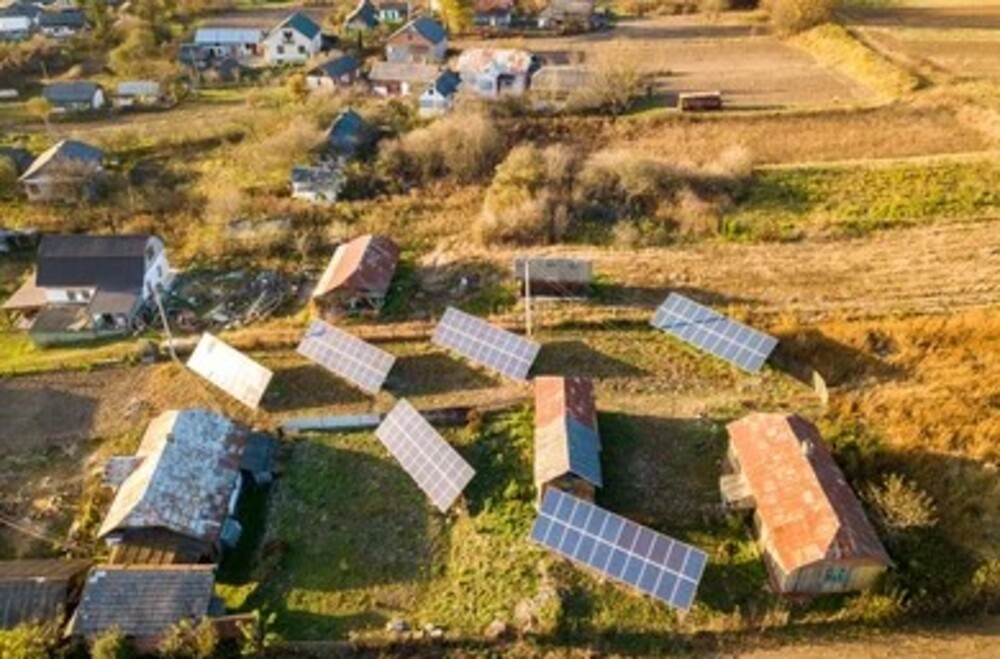The U.S. Energy Department has announced that rural communities and tribal nations without reliable access to energy will receive over $300 million to develop clean and affordable energy sources.
The funding was made possible by a bipartisan infrastructure law that President Joe Biden signed in 2021.
The law earmarked $300 million for remote communities with fewer than 10,000 residents. Also, there is an additional $15 million for a prize competition to help these communities build capacity for new energy systems.
Funding Details: U.S. Government directs $315 million to clean energy access
For single-site demonstration projects, communities can apply for federal cost-share financing ranging from $5 million to $10 million. Additionally, they are able to apply for multi-community projects to improve energy affordability and strengthen climate resilience by up to $100 million.
The U.S. Department of Energy (DOE) is doubling down on its efforts to ensure that every American can unlock the public health and cost-saving benefits that come with transitioning to a clean energy future. It is especially important for those in rural and remote areas, according to Energy Secretary Jennifer Granholm.
Clean energy challenges in rural and tribal communities
Approximately one in every six Americans lives in rural or remote communities. Due to their remoteness from larger transmission systems and low population density, they frequently experience disproportionately high energy bills and unstable electricity service.
Economic development is frequently hampered by tribes’ and rural communities’ lack of reliable energy sources. The grant intends to offer these communities qualified projects to improve the transmission and distribution of the electric grid. Also, it aims to modernize existing electric generation facilities and increase energy efficiency.
Geographical distribution of funding for clean energy facilities
Deputy Energy Secretary of the United States David Turk made the funding announcement during the Alaska Federation of Natives’ Alaska Day Convention. Nine geographical regions reflecting various energy access problems, weather patterns, and climate impacts will get grant distributions.
Projects must include plans that ensure that benefits spread equitably across affected communities.
Clean energy access can bring numerous benefits to rural and tribal communities. It can help to reduce energy bills, create jobs, and promote economic development while improving public health and reducing carbon emissions.
Additionally, clean energy can increase the resilience of communities to the impacts of climate change, such as extreme weather events, which can disproportionately affect rural and tribal communities.
The benefits are bigger than spending on investments
The funding directed by the U.S. government to boost clean energy access in rural and tribal communities is a significant step towards creating a more equitable energy system in the United States.
By providing support for clean energy projects, the government can reduce energy costs, promote economic development, and improve public health in underserved communities.
Additionally, the increased resilience to the impacts of climate change will ensure that these communities can withstand extreme weather events and other climate-related challenges.

